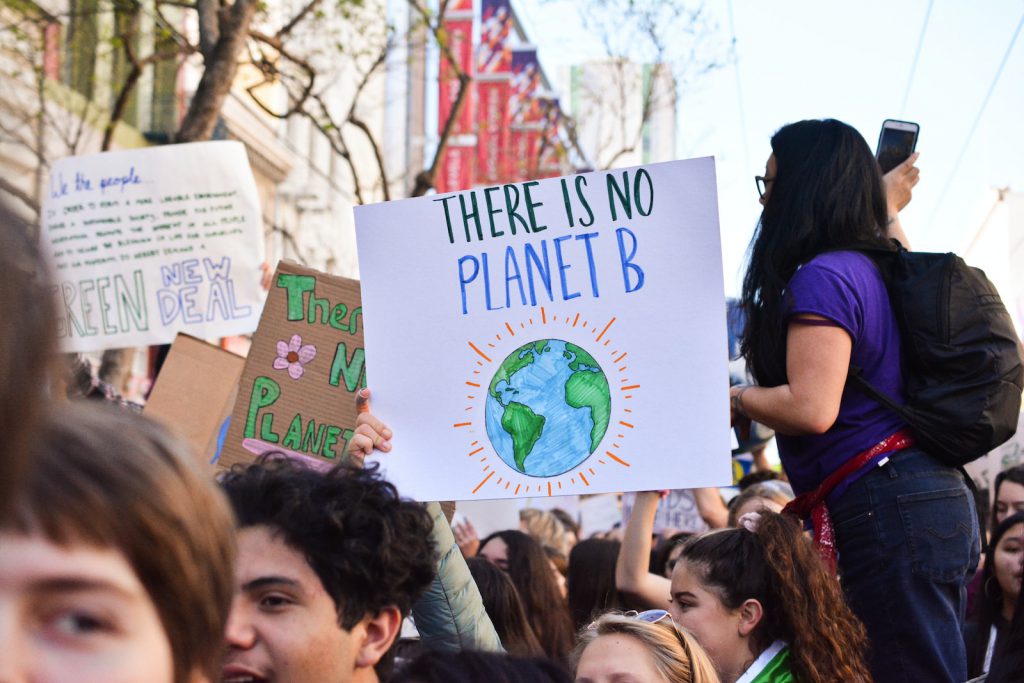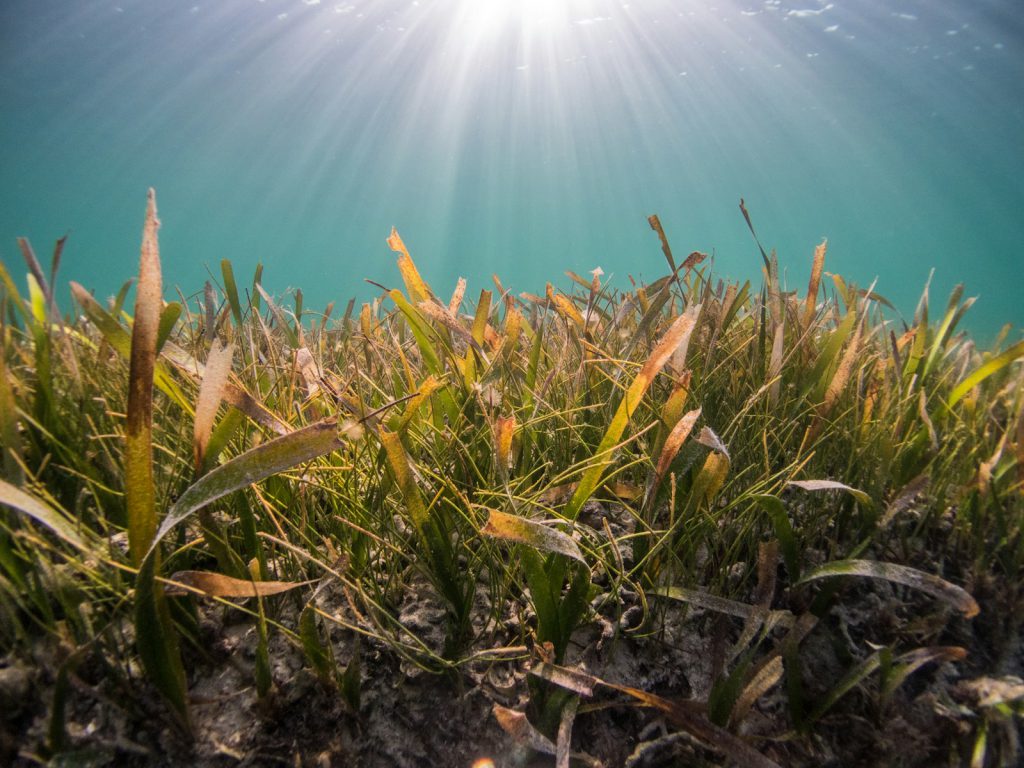Climate anxiety, also known as eco-anxiety, is a relatively new term that has been gaining attention in recent years. It refers to the overwhelming fear, worry, and stress caused by the current and future impacts of climate change. As the effects of climate change become more apparent and severe, more and more people are experiencing this type of anxiety. We will explore what climate anxiety is, its causes, and how to cope with it.
What is Climate Anxiety?
Climate anxiety is a psychological response to the threat of climate change. It is a feeling of distress and helplessness caused by the realization that our planet is facing a crisis that could have catastrophic consequences. This anxiety can manifest in different ways, such as fear, anger, guilt, and sadness. It can also lead to physical symptoms like headaches, nausea, and difficulty sleeping.
What Causes Climate Anxiety?
There are several factors that contribute to the development of climate anxiety. One of the main causes is the constant exposure to news and media coverage about the devastating effects of climate change. The more we learn about the destruction of our planet, the more anxious we become about the future.
Another factor is the feeling of powerlessness. Many people feel like they have no control over the situation and that their individual actions will not make a difference. This can lead to a sense of hopelessness and despair.
Additionally, the lack of action from governments and corporations to address climate change can also contribute to climate anxiety. When those in power fail to take significant steps to mitigate the crisis, it can leave individuals feeling frustrated and anxious.
How to Cope with Climate Anxiety
While climate anxiety is a valid and understandable response to the current state of our planet, it is important to find ways to cope with it. Here are some tips to help manage climate anxiety:
1. Educate Yourself: One of the best ways to combat anxiety is to educate yourself about the issue. By understanding the science behind climate change and the actions that can be taken to address it, you can feel more empowered and in control.
2. Take Action: While it may feel like your individual actions won’t make a difference, every small step counts. Reduce your carbon footprint by making sustainable choices in your daily life, such as using public transportation, eating a plant-based diet, and reducing energy consumption.
3. Connect with Others: Joining a community of like-minded individuals who are also concerned about climate change can provide a sense of support and solidarity. It can also be a great way to learn about new ways to take action and make a difference.
4. Practice Self-Care: It is essential to take care of your mental and emotional well-being. Engage in activities that bring you joy and help you relax, such as spending time in nature, practicing mindfulness, or exercising.
5. Seek Professional Help: If your anxiety is significantly impacting your daily life, it may be beneficial to seek professional help. A therapist can provide you with coping strategies and support to manage your anxiety.
Final Thoughts
Climate anxiety is a natural response to the current state of our planet. It is a reminder that we need to take action to protect our environment and future generations. By educating ourselves, taking action, and practicing self-care, we can manage our anxiety and work towards a more sustainable future. Remember, you are not alone in this fight against climate change. Together, we can make a difference.




